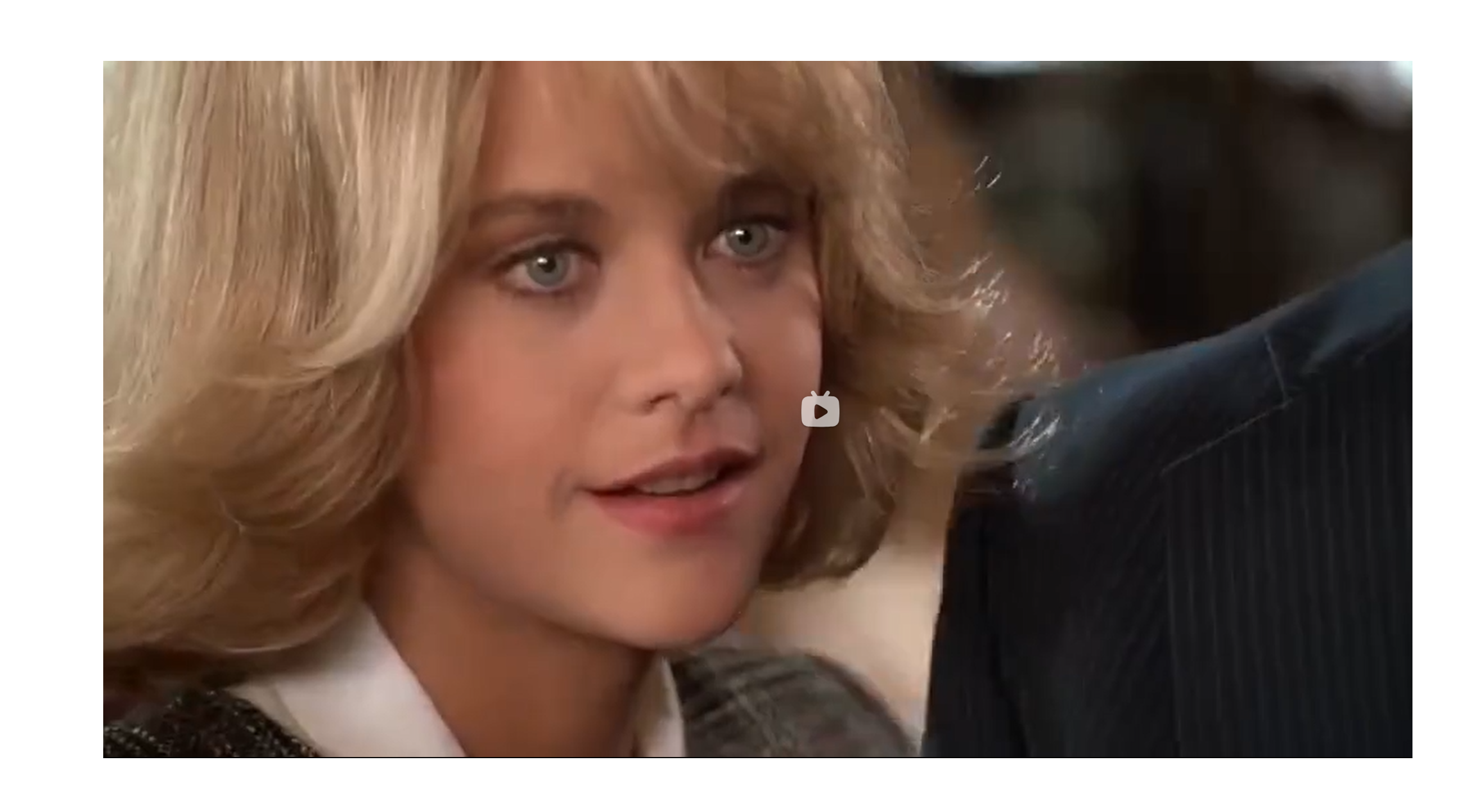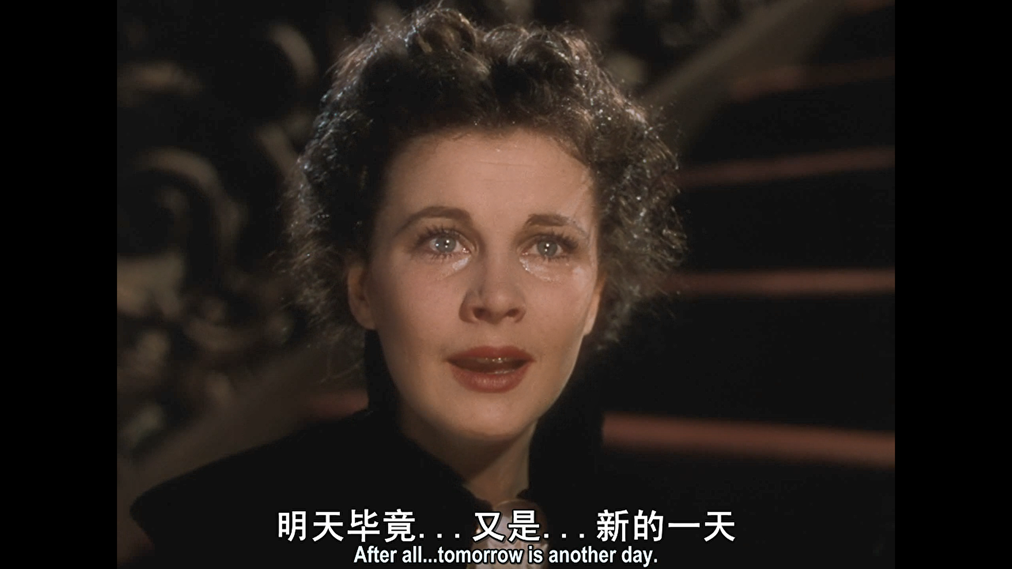MY 100-Day English -80

Continuous
Insist on crisp execution, but make room for “organizational foolishness.”
In times as demanding as these, it’s impossible to succeed without embracing the grind (折磨) — the day-to-day struggle to meet the needs of anxious customers, collaborate with stressed-out colleagues, balance work and family.
But this organizational attention to detail can’t come at the expense of imagination and brainstorming — what celebrated Stanford Business School professor James G. March calls “organizational foolishness.” In his seminal (有创造力的,重大的,生殖的) paper, “Footnotes to Organizational Change,” March describes how the best leaders balance “explicitly sensible processes of change,” such as careful planning and sound (良好的,声音) project management, with slack time, experiments, blue-sky thinking (天马行空的想象力) — “certain elements of foolishness” that can be “difficult to justify” but are “important to the broader system” of innovation.
Achieving that balance has never been more important (从未如此重要过), not just for the healthy performance of the organization, but for the mental health of your colleagues. It’s hard for people to be positive if they don’t get a chance to play.
Invite everyone to become a problem-solver, then give them room to fix things.
More than a decade ago, Sara D. Sarasvathy published an influential study of how innovators and entrepreneurs actually get stuff done (完成工作). The mythology (神话), she argued, is that successful innovators predict a future others can’t see, develop a finely tuned plan to turn that future into reality, and attract the financial and human resources to back their efforts.
In reality, most change agents start with “who they are” (their “traits, tastes, and abilities”); use “what they know” (their “training, expertise, and experience”); and add “whom they know” (their “social and professional networks”). She calls this approach the “bird-in-the-hand principle.” Guided by this principle, she argues, starting a new venture or making things better “is no longer an incredibly risky act of heroism. It is something you can do within the constraints and possibilities of your normal life.”
By encouraging their colleagues to do, in the words of Theodore Roosevelt, “what you can, with what you’ve got, where you are,” leaders create a spirit of agency that leads to optimism.
天马行空的想象力: blue-sky thinking
See you tomorrow








